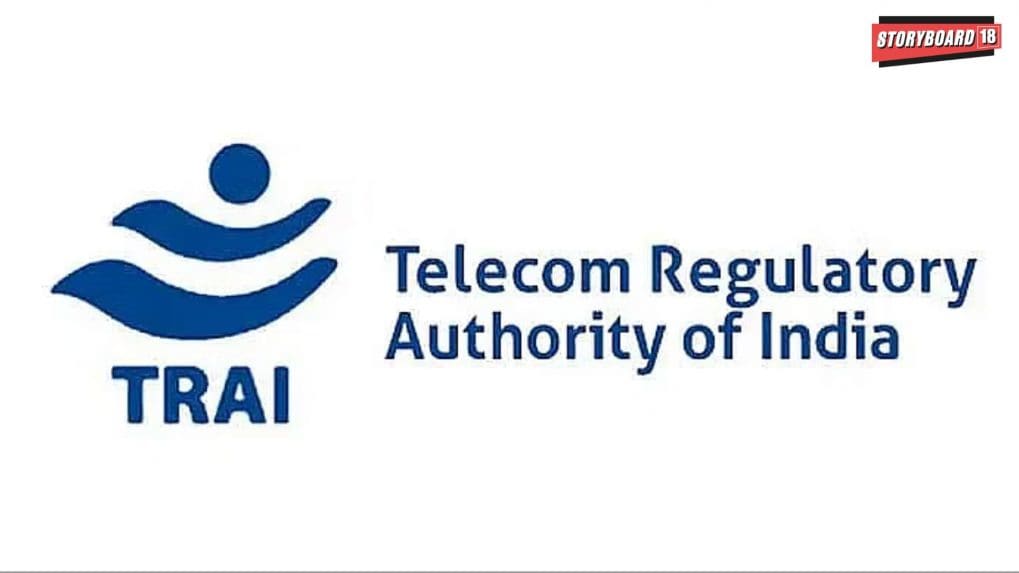Advertising
From Pink Slips to Silent Sidelining: Inside adland’s layoff and anxiety crisis

The Telecom Regulatory Authority of India (TRAI) has issued the draft of the Telecommunication (Broadcasting and Cable) Services Interconnection (Addressable Systems) (Seventh Amendment) Regulations, 2025, proposing sweeping changes to the audit framework, compliance timelines, and infrastructure sharing rules governing the broadcasting distribution ecosystem.
The draft has been placed for public consultation, and TRAI has invited written comments from stakeholders by October 6, 2025. The regulations are scheduled to come into effect from April 1, 2026.
The proposed amendments seek to bring audit cycles in line with the financial year instead of the calendar year. Under the new framework, distributors of television channels will be required to conduct annual audits of their subscriber management systems, conditional access systems, and digital rights management platforms for the preceding financial year.
The audit reports must be submitted to broadcasters with whom they have interconnection agreements no later than September 30 each year. TRAI has said this move will ensure consistency with financial reporting, taxation and contractual cycles, and eliminate confusion created by the calendar year system.
Relief to smaller DPOs
The draft also retains the mandatory requirement for annual audits but introduces significant relief for smaller operators. Distributors with fewer than 30,000 active subscribers will not be compelled to conduct mandatory audits, though they are encouraged to do so voluntarily. This measure, TRAI said, has been designed to reduce compliance burdens on smaller operators who face capacity and cost constraints, while still preserving transparency in reporting.
In order to strengthen oversight, distributors will be required to inform broadcasters at least 30 days in advance about the audit schedule and the auditor selected. Broadcasters will be allowed to depute a representative to attend the audit process and share inputs for verification. Where discrepancies are found in audit reports, broadcasters may raise objections within 30 days of receipt, and the auditor will be bound to issue an updated report within the next 30 days. If disputes persist, broadcasters will have the option of approaching TRAI and, subject to its approval, commissioning a special audit at their own expense.
The amendment also addresses infrastructure sharing arrangements in the sector. TRAI has proposed that separate instances of subscriber management systems, conditional access systems, or digital rights management systems must be created for each distributor that uses shared infrastructure, ensuring complete segregation of data and enabling proper reconciliation. Further, in cases of watermarking, the regulator has mandated that no more than two logos — that of the broadcaster and that of the last-mile distributor — should appear on screen, thereby reducing clutter while maintaining anti-piracy safeguards.
Penalties for defaulters
To enforce compliance, TRAI has tightened penalties on distributors who fail to conduct audits within the prescribed timeline. Under the proposed regime, defaulters will face financial disincentives of ₹1,000 per day for delays of up to 30 days, and ₹2,000 per day for longer delays, capped at ₹2 lakh per year. Broadcasters will also be empowered to disconnect signals of distributors if audit findings reveal serious non-compliance with the regulatory requirements.
The draft marks the seventh amendment to the original Interconnection Regulations of 2017, which have been revised on multiple occasions in response to industry concerns. TRAI said that stakeholders had consistently highlighted gaps in the audit framework and the need for clearer rules on infrastructure sharing. In August 2024, the regulator had released a consultation paper on audit-related provisions, and the new draft incorporates feedback received during that process as well as guidance from the Ministry of Information and Broadcasting’s infrastructure sharing norms.
TRAI underlined that the amendment is intended to balance ease of doing business for smaller distribution platform operators with the need for transparency, fair reporting, and accountability in the broadcasting value chain. By streamlining audit requirements and giving both broadcasters and distributors greater clarity on timelines and procedures, the authority hopes to reduce disputes, promote confidence, and ensure compliance.
Stakeholders have been urged to submit their views by the October 6 deadline. After reviewing the comments, TRAI will finalise the regulations, which will come into force from April 1, 2026.
From purpose-driven work and narrative-rich brand films to AI-enabled ideas and creator-led collaborations, the awards reflect the full spectrum of modern creativity.
Read MoreLooking ahead to the close of 2025 and into 2026, Sorrell sees technology platforms as the clear winners. He described them as “nation states in their own right”, with market capitalisations that exceed the GDPs of many countries.